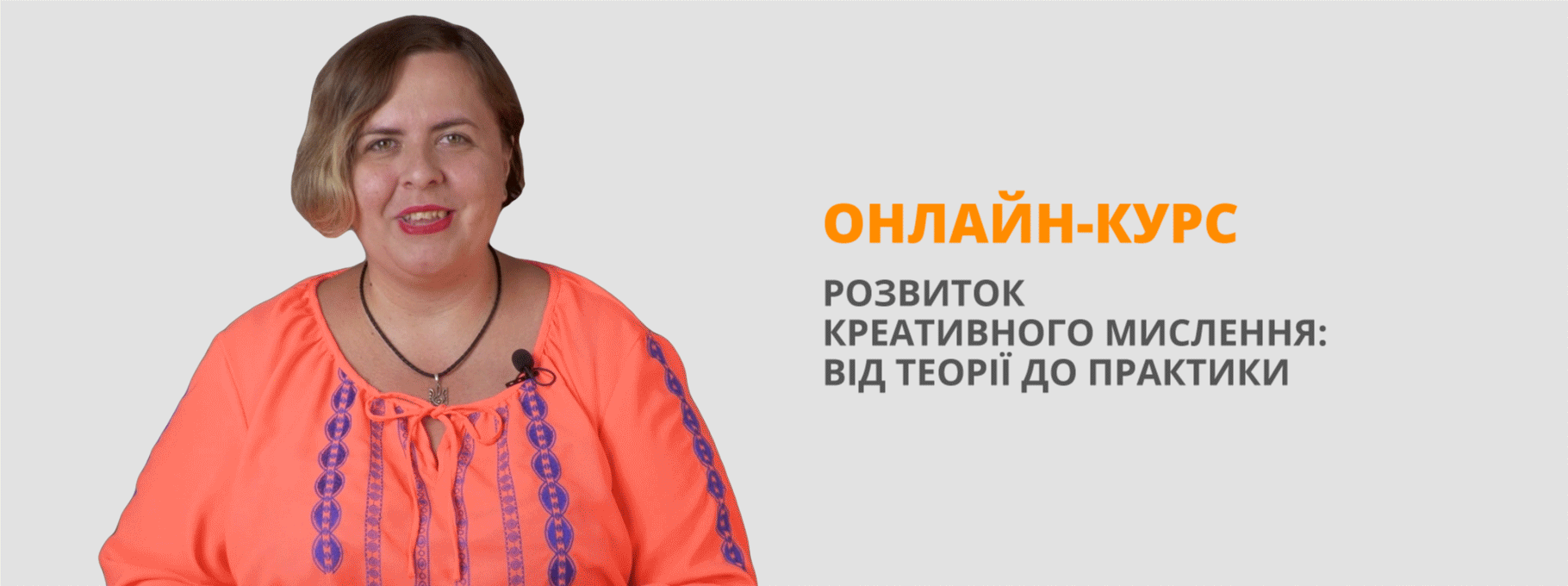Конспект уроку "I can. I can't"
Урок розроблений для учнів 3 класу загальноосвітніх шкіл, що навчаються за підручником Оксана Карпюк "English 3"
Unit: I can. I can’t
Level: 3rd grade
Course book: Оksana Karpuyk “English 3”
Learning objectives: 1) students will be introduced to new vocabulary items and structures “I can. I can’t. Can you?”
2) by the end of the lesson students will be able to use new vocabulary items and structures to share the things they can/can’t do
3) students will be able to lead a short conversation on asking and answering, using target vocabulary and grammar
Procedure
|
Stages, activities, interaction patterns |
Teacher’s actions |
Students’ actions |
Activity: singing and miming Whole class |
Teacher greets the students by singing a song: “Hello, hello, hello, how are you? Hello, hello, hello, how are you? I am good. I am great. I am wonderful. Hello, hello, hello, how are you? Hello, hello, hello, how are you? I am tired, I am hungry and I am not so good.
|
The students greet the teacher by singing and miming the feeling words. |
|
2.Warm- up Activity: eliciting Teacher- Student |
The teacher keeps on asking the way the students feel by eliciting: “How do you feel on letter G? How do you feel on letter W? How do you feel on letter H? How do you feel on letter T? How do you feel on letter S?” |
In a chain students answer by saying: “I am great. I am wonderful. I am hungry.” Etc. |
|
3.Presentation of new vocabulary and grammar Ex2, p.21 Activity: miming and eliciting Whole class |
The teacher stands in front of the class and starts miming the following actions as swim, run, fly, jump, dance, read, sing, write, play games, spell the word, draw pictures. While miming, the teacher says the structure “I can swim.” etc. and addresses the students “Can you swim?” etc. |
The students copy the teacher’s actions and response “I can swim, I can dance” etc. |
|
3.Practice Activity: writing spelling bee Whole class, pair work
Activity : words hunters Individual work, whole class |
The teacher hands out some notepapers, gives the instructions and elicits the students’ understanding: “Have you got a paper? What colour is your paper? Do you like blue, yellow, pink? I will say you a letter, your task is to write the letter and change your paper with your partner. Then you write a letter on your partner’s paper. At the end you will see a word.” While giving instructions the teacher demonstrates the procedure. After finishing each word, the teacher asks if the students can do this action and writes each word on the board so that the students can check the spelling of each action. Beforehand the teacher sticks papers with words around the classroom. The teacher, holding the paper with two columns “I can/ I can’t”, points to the walls and say: “Can you see papers on the wall? Your task is to find 12 actions and write them in your papers.” After giving the instructions, the teacher turns on the music and suggests the students to look for the words. The teachers suggests students to change the papers, present the ideas which things his/her partner can/can’t do and stick the paper on the board. |
The students may response by saying “I have got a paper. My paper is blue, etc. I like/I don’t like blue. etc. After writing each letter students change the papers with a partner and keeps on writing.
The students check the spelling and response on the teacher’s questions.
While the music plays, the students mingle around the classroom, look for the words and fill the columns.
After changing the papers, each student comes to the board; reports on the things his/her partner can/can’t do and sticks the paper on the board.
|
|
4.Production Activity: acting out the conversation Pair work |
The teacher points to Ex2.p.21. and acts out the conversation with a student. The teacher divides students into two groups “A” and “B” and suggests A-students to ask and B-students to answer and when they hear a signal word to change the roles. |
Students start asking and answering. On hearing the signal word, they change the roles |
|
5. Reviewing and follow up Activity: guessing the action. Whole class |
Teachers picks a picture with a certain action from the secret box and suggests students to guess: “Ask me, can you dance? No, I can’t. Now, try to ask me.”
|
Students repeat the question after the teacher. Then in a chain they ask their “Can you-questions” When a student guesses, he/she picks another word and gives the short anwers while being asked. |
|
6. Explaining home task and giving assessment |
The teacher explains home task and gives assessment to each student according to his/her personal outcomes. The teachers says good-bye to the students by singing: “Good-bye, good-bye, see you again. Good-bye, good-bye, see you my friend!”
|
The students say good-bye to the teacher my singing the song. |


про публікацію авторської розробки
Додати розробку
